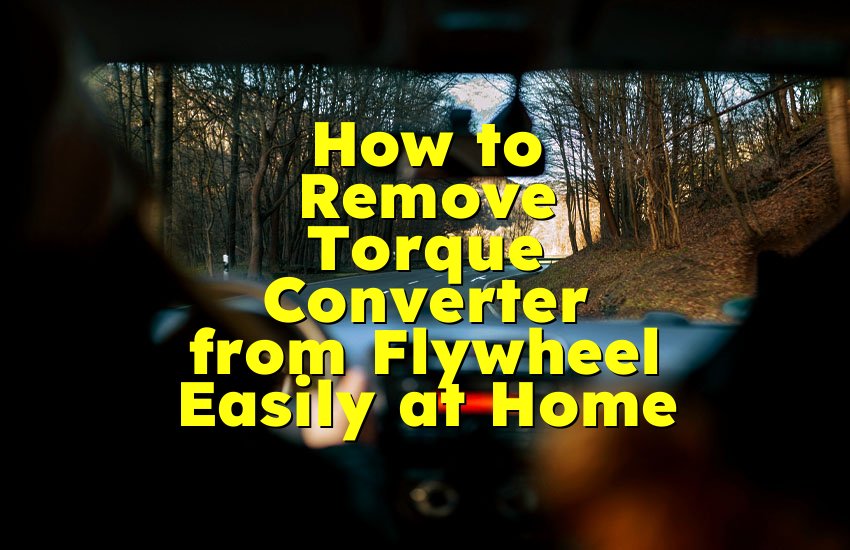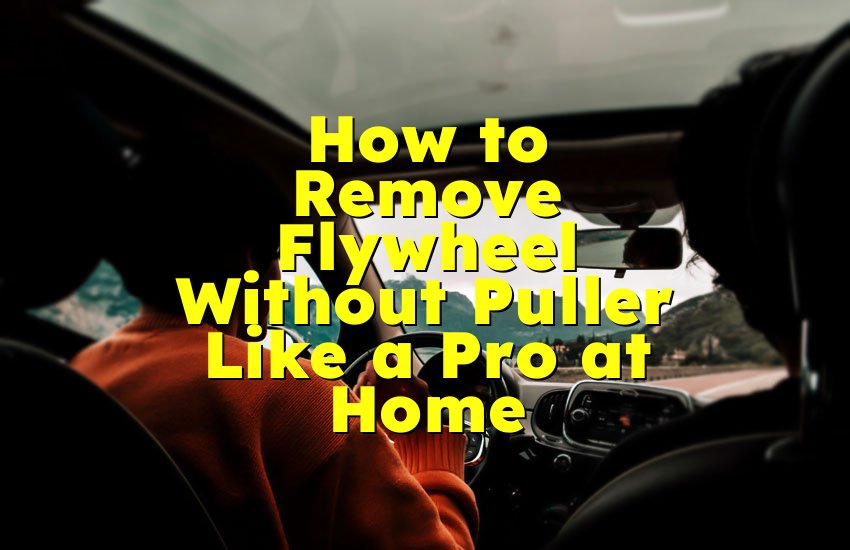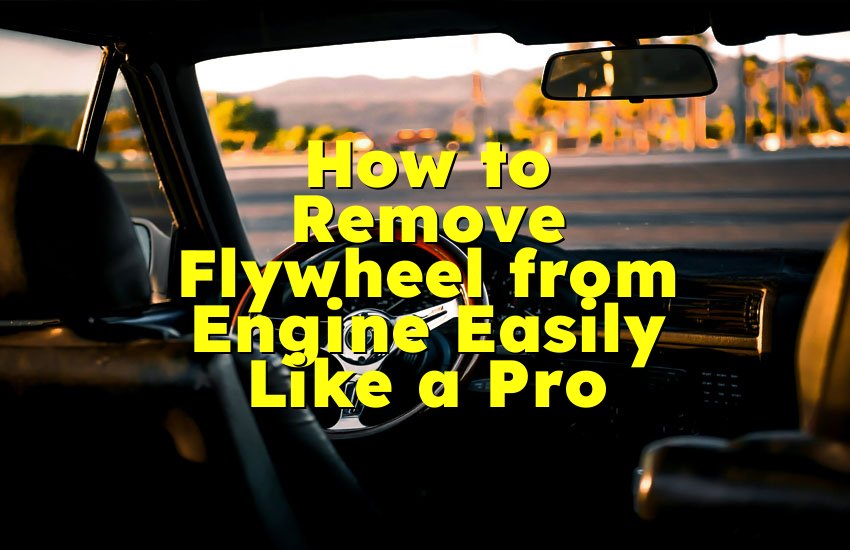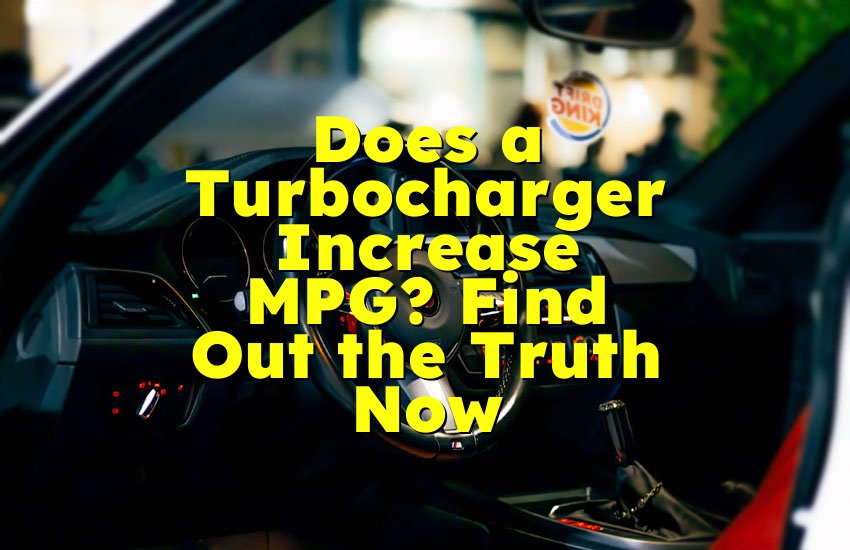As an Amazon Associate, I earn from qualifying purchases at no extra cost to you.
Does a Dirty Air Filter Affect Gas Mileage? The Truth You Need to Know
I still remember when my car suddenly started using more fuel than usual. At first, I thought it was the engine or maybe bad fuel. But the real cause? A dirty air filter. Yes, something so small can actually lower your gas mileage. In this article, you will learn exactly how and why it happens, plus what you can do to fix it.
Understanding How a Dirty Air Filter Impacts Fuel Efficiency
Your car breathes just like you do. The air filter works like your nose, keeping out dirt, dust, and small particles before the air goes into the engine. A clean filter lets air pass through easily, which helps the engine burn fuel in the right way. But when the filter is clogged with dirt, the engine cannot get enough clean air. This forces it to work harder and burn more fuel to keep running.
When fuel burns, it mixes with air inside the engine. If the engine does not get enough air, the mixture becomes too rich in fuel. This not only wastes gas but can also make your car feel slow and weak. Modern cars with fuel injection systems adjust automatically, but a dirty filter still makes the process less efficient. Over time, this can cause your gas mileage to drop by several miles per gallon.
Another problem is that when your engine works harder, other parts like spark plugs and sensors also face more strain. That means the extra fuel waste is only the start of the trouble. You may notice that your car smells like unburned fuel or that the exhaust pipe gives out more smoke. These are signs your air filter is overdue for a change.
A lot of drivers do not think about the air filter until there is a big problem. But waiting too long can mean more fuel costs, more repairs, and less power when you drive. Even if your car is still running, a dirty air filter is like trying to breathe through a straw filled with dust. You can still go forward, but it is harder and takes more effort.
- A clean air filter helps the engine breathe easily.
- A dirty air filter can reduce miles per gallon.
- Poor airflow can lead to rich fuel mixture and wasted gas.
- It can cause extra strain on other engine parts.
- You may notice smoke or fuel smell as a warning sign.
Signs Your Air Filter May Be Affecting Gas Mileage
Many people never check their air filter until a mechanic points it out. But there are clear signs you can look for. One of the easiest is checking your fuel consumption. If you suddenly find yourself filling up more often without any big change in your driving habits, your filter might be the cause.
When the air filter is dirty, the engine struggles to get enough oxygen. This often makes the car feel slow when you press the gas pedal. You might notice it takes longer to reach speed or that it feels heavier than before. If your car used to feel light and quick but now seems tired, it is worth looking under the hood.
You may also hear strange engine sounds. A coughing or popping sound when you accelerate can mean the air filter is not letting enough air through. In some cases, the engine may shake at idle because the mixture of air and fuel is uneven.
The color of your exhaust smoke is another clue. If it looks darker than normal or smells stronger, that can be a sign that too much fuel is burning and not enough air is mixing with it. This is very common when the filter is clogged.
Physically checking the filter is easy. Most air filters are inside a plastic box near the engine. If you open it and see the filter covered in black dust or oil, it is time to change it. A clean filter should be white or light in color.
- Fuel usage suddenly increases without reason.
- Slower acceleration or weak engine response.
- Dark exhaust smoke or strong fuel smell.
- Engine noise changes or shaking at idle.
- Filter looks dirty when inspected.
How a Dirty Air Filter Wastes Fuel
When your car burns fuel, it relies on the right mix of air and gasoline. The air filter decides how much clean air can pass into the engine. A clogged filter means less air, which forces the engine control system to adjust the mixture. This often makes it add more fuel than needed.
Think of it like making a fire. If you give the fire enough oxygen, it burns hot and clean. If you cover it and block the air, the fire still burns but uses more fuel and makes more smoke. Your engine works the same way.
When more fuel is burned than the car actually needs, it means you are paying for gas that does not even give you extra power. Instead, it just makes the engine run less smoothly. This problem grows worse over time as the filter becomes more blocked.
Also, your car may not pass emissions tests because a rich fuel mixture produces more harmful gases. That means one small air filter problem can turn into extra fuel bills, repair bills, and even fines if your car fails inspection.
In short, a dirty air filter turns your car into a less efficient machine. You pay more for fuel, the car works harder, and you might even face future repairs from the extra strain.
- A clogged filter forces more fuel use.
- The air-fuel mixture becomes unbalanced.
- Extra fuel waste leads to higher gas costs.
- The car may fail emissions tests.
- Long-term strain can cause repair issues.
When and How to Replace Your Air Filter
Changing your air filter is one of the easiest and cheapest ways to keep your car healthy. Most cars need a new air filter every 12,000 to 15,000 miles, but this can change based on where you drive. If you often drive in dusty areas, you should check it more often.
Replacing the filter usually takes just a few minutes. First, open your car hood and find the air filter housing. This is usually a black box with clips or screws. Open it, take out the old filter, and slide in a new one facing the same way.
You can buy filters at auto parts stores, online, or even at gas stations. They are usually inexpensive, and installing them yourself can save you money on labor costs. If you are unsure, a mechanic can change it for you in minutes.
It is important to use the right type of filter for your car model. Using the wrong size or style can cause poor sealing and let dirt bypass the filter.
Changing your filter not only improves fuel economy but also makes your car feel more responsive. Many drivers notice the car runs smoother right after a filter change.
- Change filter every 12,000–15,000 miles or sooner in dusty conditions.
- Simple process: open housing, remove old, insert new.
- Filters are cheap and widely available.
- Correct size is important for proper sealing.
- Better airflow gives better mileage and engine power.
Other Benefits of a Clean Air Filter
While saving fuel is a big reason to keep your air filter clean, there are other benefits. A clean filter helps protect your engine from dirt and debris that could scratch or damage its parts. These small particles can cause wear over time, leading to costly repairs.
Good airflow also helps your car accelerate better. Many drivers notice they can reach speed faster and with less effort after a filter change. This makes driving smoother and more enjoyable.
A clean filter can also reduce engine noise. When airflow is blocked, the engine may strain and make louder sounds. Removing the blockage can bring back a quiet, steady hum.
Better airflow also means the engine temperature stays under control. A clogged filter can make the engine run hotter, which increases wear on parts and shortens their lifespan.
And if you care about the environment, a clean air filter helps your car burn fuel more completely, producing fewer emissions.
- Protects engine from harmful particles.
- Improves acceleration and response.
- Reduces engine noise and strain.
- Helps control engine temperature.
- Lowers harmful emissions.
Simple Habits to Keep Your Air Filter Clean Longer
You can make your air filter last longer with some simple habits. First, avoid driving close behind trucks or buses that kick up dust and dirt. If you must, keep some distance so less debris is pulled into your engine.
Try to drive on paved roads instead of dirt or gravel when possible. Dusty roads can fill a filter faster than normal. If you live in a dry, dusty area, you might want to check your filter every few months.
Parking in a garage also helps. This keeps your car safe from wind-blown dust and pollen that can settle in the filter even when the car is off.
You can also tap the filter gently to knock out loose dirt between changes. This is not a full replacement, but it can help it breathe better for a short time.
And finally, keep your engine bay clean. Dust and debris that sit around the filter housing can end up inside the filter when you open it.
- Keep distance from dust-producing vehicles.
- Prefer paved roads to gravel or dirt.
- Park indoors to reduce dust exposure.
- Gently tap filter between changes for short-term help.
- Keep engine bay clean to avoid dirt entering filter housing.
Final Thoughts
A dirty air filter can slowly take money out of your pocket by lowering your gas mileage. The good news is that fixing it is cheap, fast, and easy. By checking and changing your air filter on time, you keep your engine breathing well, improve fuel economy, and protect your car from damage. This is one of the simplest car care habits that gives big rewards over time.
| Tip | Benefit |
|---|---|
| Check filter every 12,000–15,000 miles | Keeps airflow clean |
| Replace if dirty | Improves mileage |
| Avoid dusty roads | Extends filter life |
| Park in garage | Less dust buildup |
| Use correct filter type | Best performance |
Frequently Asked Questions (FAQs)
Is it true that a dirty air filter lowers gas mileage?
Yes, it is true. A dirty air filter limits the air that reaches your engine. This makes the fuel mixture too rich, which means more fuel is burned than needed. This extra fuel use does not give you more power but instead makes your gas mileage worse. Over time, this can cost you a lot more at the pump.
Is it bad to drive with a dirty air filter for a long time?
Yes, it can be bad for both fuel economy and the health of your engine. A clogged filter makes the engine work harder, which can cause more wear on its parts. You might also face more emissions and risk failing a vehicle inspection. It is better to replace it before it gets too dirty.
Can a dirty air filter damage my engine?
Yes, if left for too long. A very dirty filter can let unfiltered air sneak into the engine if it starts breaking down. This dirt can scratch or wear out engine parts. Even before that happens, the strain of restricted airflow can cause other parts to wear faster.
Can I clean my air filter instead of replacing it?
Some filters, like reusable performance filters, can be cleaned. But most standard paper filters should be replaced, not washed. Washing them can damage their fibers, making them less effective at blocking dirt. If your filter is not designed to be cleaned, it is safer to replace it.
Do I really save money by replacing the air filter?
Yes, you can save money on fuel and avoid bigger repair bills. A clean air filter can improve gas mileage and help the engine run smoothly. Over a year, the savings in fuel can easily be more than the cost of a new filter.
Do I need a mechanic to change the air filter?
Not always. In most cars, the air filter is easy to access and can be replaced in minutes without special tools. However, if you are not comfortable working under the hood, a mechanic can do it quickly during a regular service visit.
Is it worth buying an expensive air filter for better gas mileage?
Sometimes. High-quality or reusable filters can last longer and offer better airflow, but they cost more upfront. If you drive a lot or in dusty areas, they might be worth it. For regular driving, a standard filter replaced on time works just fine.
Do I have to change my air filter more often in dusty places?
Yes, dusty environments can clog your filter much faster. If you often drive on dirt roads or in sandy areas, you should check it every few months instead of waiting for the standard mileage interval.











